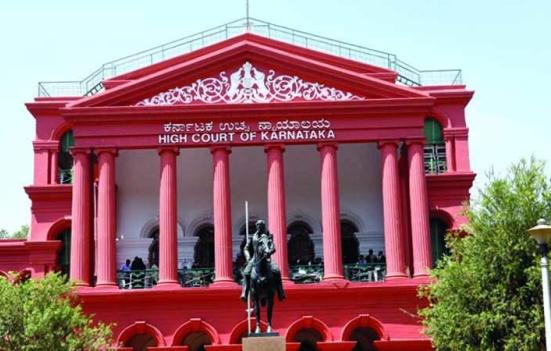Anushka Mansharamani
The Karnataka High Court observed that the Bar Council of India (BCI) and the Karnataka Law University (KSLU) should be empathetic to the plight of the students and should not compel them to write 12 back-to-back exams.
This observation was made by the court during a plea hearing that challenged the decision of the KSLU to hold end semester examinations for law students of intermediate semesters.
The court noted that the University Grants Commission (UGC) had issued guidelines on the conduct of the examinations amidst the pandemic.
These guidelines suggested that the grading of the students could be done on the basis of internal evaluation and performance in the previous semesters with 50% weightage given to each.
Advocate Shridhar Prabhu, representing BCI argued that there was neither a provision prohibiting the conduct of two end semester exams together nor was there any legal restriction to conduct physical examinations.
On this, the court asked the necessity of conducting law exams of intermediate semesters.
The court stated, “Even in the case of engineering students, the Supreme Court has directed to assess them based on the internal marks and marks obtained in the previous semester.”
Advocate Shridhar Prabhu on the other hand contended that non-clearance of mandatory exams as per the BCI would lead to no degree and therefore the examinations were essential.
He further added that universities had adopted a semester-wise approach as against the previous year-wise approach thereby making semester exams being held important.
Senior Advocate AS Ponnanna and Advocate Abhishek Janardhan, appearing for the petitioners stated that the decision taken by the KSLU to conduct exams was in violation of the UGC guidelines and government orders.
The counsel for the petitioners stated that BCI and KSLU did not have the authority to issue circulars/directives as the issue of public health is not within their domain.
A three-judge bench of the Supreme Court held that the UGC guidelines are mandatory and the universities have a statutory duty to abide by them.
This was further countered by Advocate Shridhar Prabhu as he stated that the Supreme Court’s decision only spoke about the final year students and did not discuss the scope of the intermediate semester exams.

